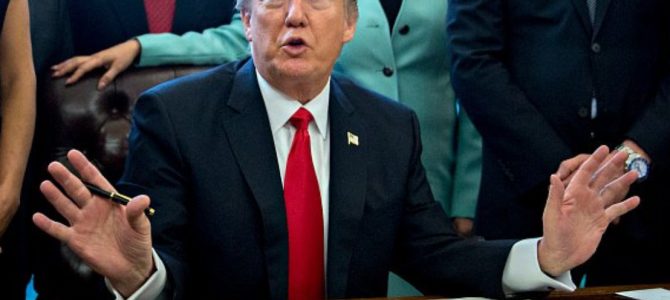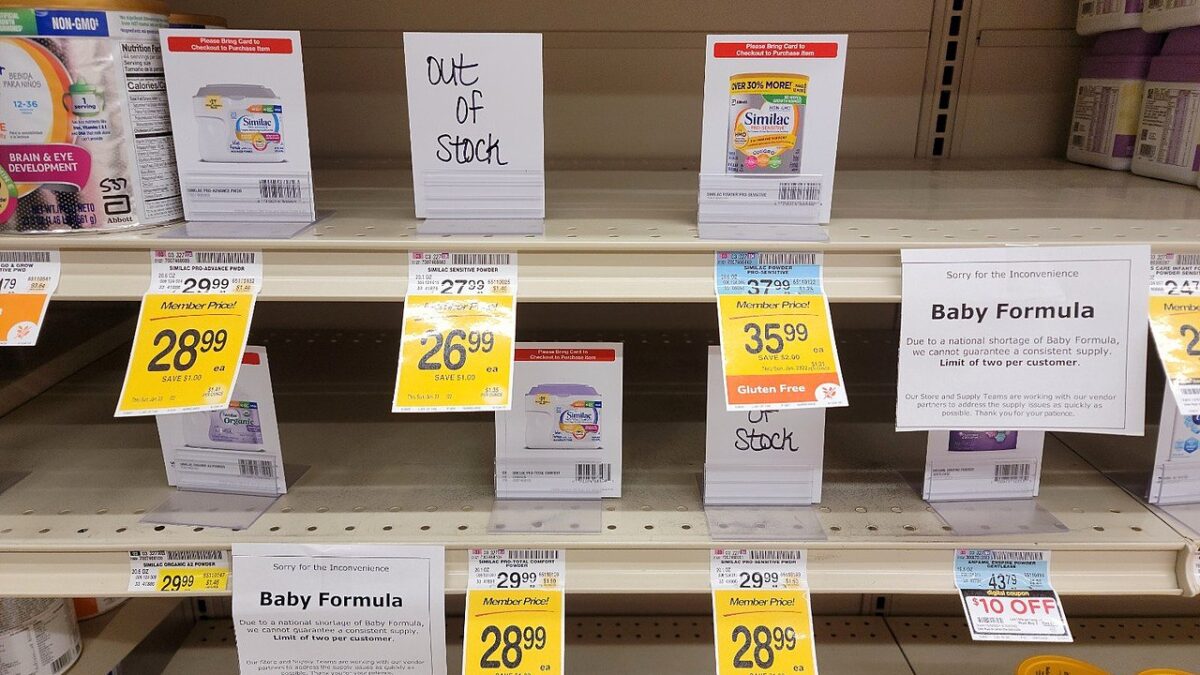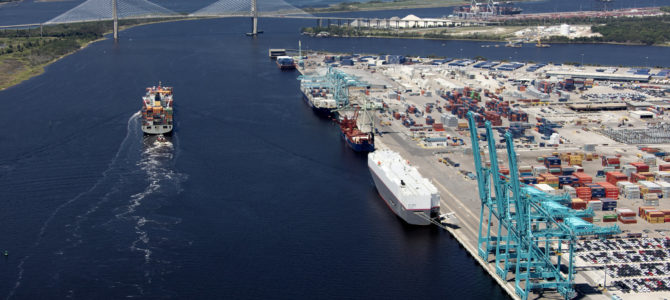
Have you ever been upset that a product was too cheap, so you decided to pay more for it? Probably not. Most people prefer a bargain and wide selection. Now what if someone else decided you had to pay more for a low-cost product even though the price tag says it’s cheap? That is a tariff.
Everyone is familiar with tariffs when they go by another name: taxes. Like all taxes, tariffs discourage the taxed activity and redistribute money. In the case of import tariffs, the purpose is to dissuade consumers from buying cheap foreign goods, and the redistribution benefits a small group at the expense of the general public. At the most basic level, tariffs are a punishment intended for foreign countries that actually penalize American citizens. They are also justified as protection for domestic industries, but this is done by pitting the interests of the consumers against the interests of the industry.
Tariffs are used when other nations are producing an excess supply of a good, like aluminum or steel. Basic economics shows that when the supply is high, the price is low. A high supply of cheap goods means consumers’ money goes further and they can purchase all the products they want. An import tariff makes those products more expensive so that consumers will start buying from domestic producers. These policies are labeled as protectionist, because they are meant to insulate domestic producers from foreign competition. Protectionism is really a misnomer, because tariffs do harm at the same time as “protecting” a single industry. Rather than truly putting America first, a tariff puts a few select industries first and makes millions of Americans pay the price. This is the epitome of picking winners and losers.
The main form of import tariffs is value-based taxing. This week, President Trump announced a value-based ad valorem tax of 10 percent of the value of imported aluminum and 25 percent the value of imported steel. To be clear, that tax is paid by the person or company buying the aluminum and steel, not the foreign country or business selling it. In the most immediate sense, this is a punishment on buyers of aluminum and steel in the United States. The effect is to reduce the quantity Americans buy to indirectly harm the foreign country or business. This effect is only achieved by raising costs for Americans.
Most Americans are not importing aluminum or steel, so why is it that big of a deal? First is the direct impact to consumers. Milton Friedman referred to the invisible injury of costs spread out on millions of Americans. When the cost of aluminum and steel are increased, products that incorporate those metals will also increase in cost. Everything from candy wrappers, beverage cans, and soup cans, to baseball bats, vehicles, and construction equipment would become artificially more expensive. The second impact is that many manufacturers would likely lay off workers because of the higher cost of aluminum and steel, whether or not it is imported. The beverage industry alone has estimated the tariffs to result in a $347 million tax and up to 20,300 layoffs.
There are certainly benefits from tariffs. These benefits accrue to a select group, chosen in advance by the federal government. Domestic producers of aluminum and steel will be protected from foreign competition, allowing them to hire more workers and ramp up capacity at shuttered mills. In a vacuum, this may seem desirable. After all, it results in higher employment for these industries, and the harm done is very minimal and spread so diffusely that it is hard to notice. The problem with this view is that it condones favoritism and justifies the decrease of employment for unknown workers in the manufacturing industry with an increase in employment in a highly visible aluminum and steel industry.
Even if the domestic costs and benefits are exactly equal, tariffs are an economic nuisance. Beyond creating inefficiency in the markets, they disrupt the balance in foreign relations and international trade. Foreign countries are not likely to take this action lying down. It is possible, if not probable, that retaliatory tariffs will be raised against American exports. This would be a secondary negative impact that would decrease sales in unrelated export industries and threaten jobs. The European Union has already formed a plan to target $3.5 billion worth of U.S. exports.
Optimistic tariff advocates hope that this move will cause other countries to negotiate with the U.S. and lower their own trade barriers. In reality, this outcome is unlikely for a few reasons.
The tariff announcement was out of the blue. Even top officials in the Trump administration did not know the details until hours before the announcement was made. Trade partners and allies must have been blindsided. This is less of an invitation to the negotiating table and more of an affront to diplomacy. Beyond this, the tariffs announced by the Trump administration dwarf the tariffs our export industrys face. If this is about reducing trade barriers across the globe, abruptly raising a very high tariff is a poor starting point.
The call for tariffs boils down to two theories. First is that our domestic aluminum and steel producers cannot compete because of cheap subsidized foreign production. Second is that our exports face tariffs in many other countries. On each ground, the tariff lacks justification and only serves to create more inefficiency.
To the first issue, Milton Friedman responds that if foreign countries are subsidizing their aluminum and steel so we can buy it cheaper, why should we reject their foreign aid? To the second, why should we punish our citizens just because another country is punishing its own?
Tariffs are taxes levied directly against consumers. They benefit a select group chosen by the federal government, and cause ripple effects in other industries. Ultimately, beyond the domestic disruption, tariffs make enemies out of trade partners and instigate economic warfare when we should be advocating free trade and competition.









